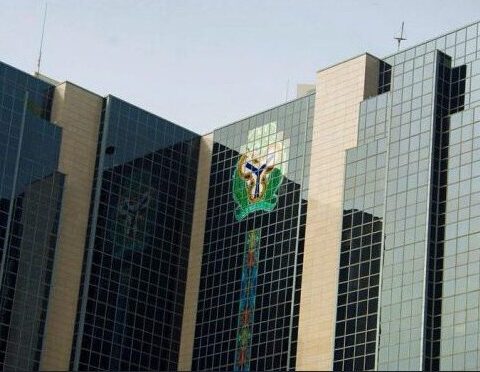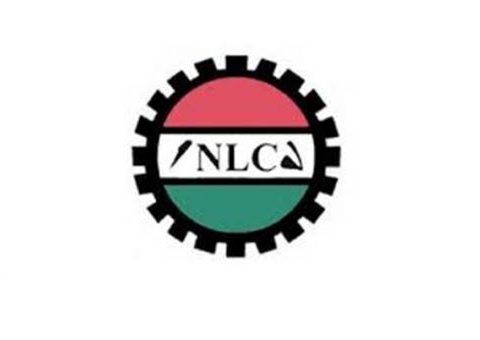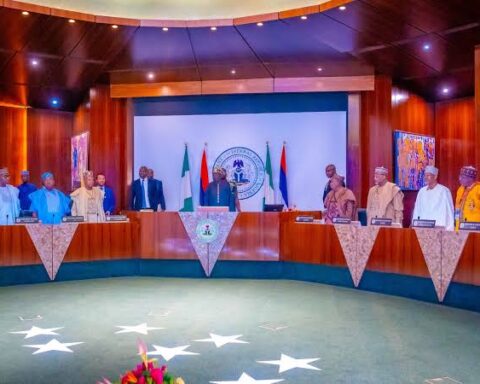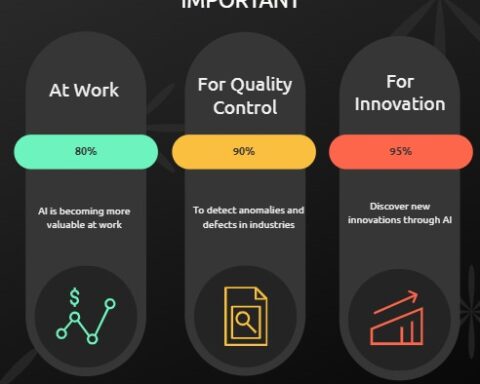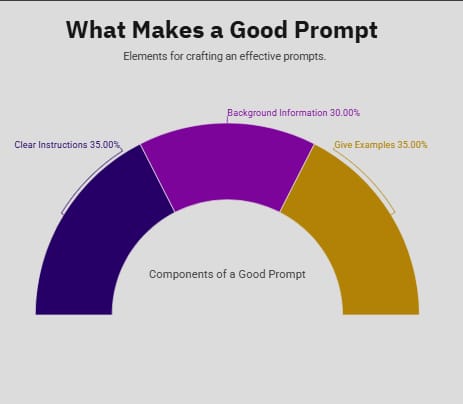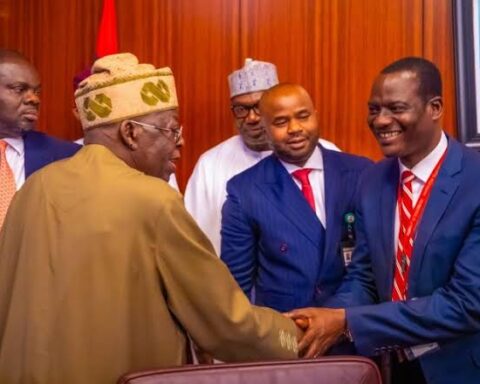Group Chief Executive Officer of the Nigerian National Petroleum Company (NNPC) Limited, Bayo Ojulari has said that Nigeria must move beyond simply showcasing its vast gas reserves to addressing deeper structural challenges,
execution capacity, infrastructure gaps, and human capital development if it hopes to turn resource wealth into prosperity.
Speaking at a virtual industry forum, Ojulari noted that although Nigeria holds one of Africa’s largest gas reserves, most of the discoveries were incidental finds during oil exploration rather than the result of gas-focused campaigns. This, he explained, underscores the “huge untapped potential” still available.
He stressed, however, that reserves alone cannot deliver growth.
“Having reserves themselves does not translate to prosperity,” Ojulari said, adding that while the Petroleum Industry Act (PIA) has created investment opportunities, lingering hurdles continue to discourage large-scale participation.
Ojulari identified infrastructure deficits, security concerns, and unstable gas pricing as urgent policy issues.
He warned that infrastructure development is moving too slowly, while security improvements must be “codified” to boost investor confidence.
Beyond infrastructure, he flagged Nigeria’s weak execution capacity, particularly in the upstream and midstream segments, where many top contractors and service providers are absent.
“The operators are struggling. How do we enhance execution capacity and attract those contracting companies and service providers that can help deliver the agenda? That is a big concern,” he said.
Human capital, he added, is one of the most overlooked yet critical bottlenecks. To realise President Bola Tinubu’s ambition of expanding gas production and driving industrialisation, Nigeria must urgently strengthen technical expertise across the gas value chain from exploration to marketing.
Ojulari also argued that incentives must be strategic rather than generic. Whether fiscal or operational, he said, they should directly target critical projects and investor needs.
He further called for stronger collaboration in the industry, warning that Nigeria’s fragmented approach has slowed progress and raised costs.
For instance, long-term drilling campaigns, if executed collaboratively, could cut costs and attract world-class service providers.
“If we continue to work in isolation, we will not achieve economies of scale,” he cautioned.
Another key issue, he said, is the lack of continuity in project execution. Past patterns of consecutive Final Investment Decisions (FIDs) enabled contractors to build fabrication yards and sustain skilled manpower.
The recent stop-start trend, however, has eroded capacity, increased costs, and disrupted growth.
Ojulari concluded that Nigeria’s ability to unlock its gas potential depends on fixing these structural gaps, scaling up execution capacity, developing human capital, offering targeted incentives, ensuring security and policy stability, and fostering collaboration.
“Without these, the country risks failing to convert its resource base into real economic growth,” he warned.

